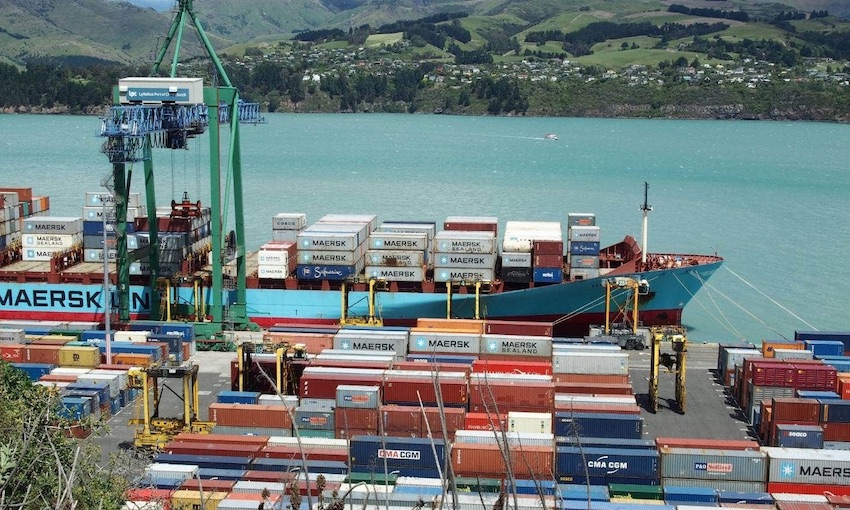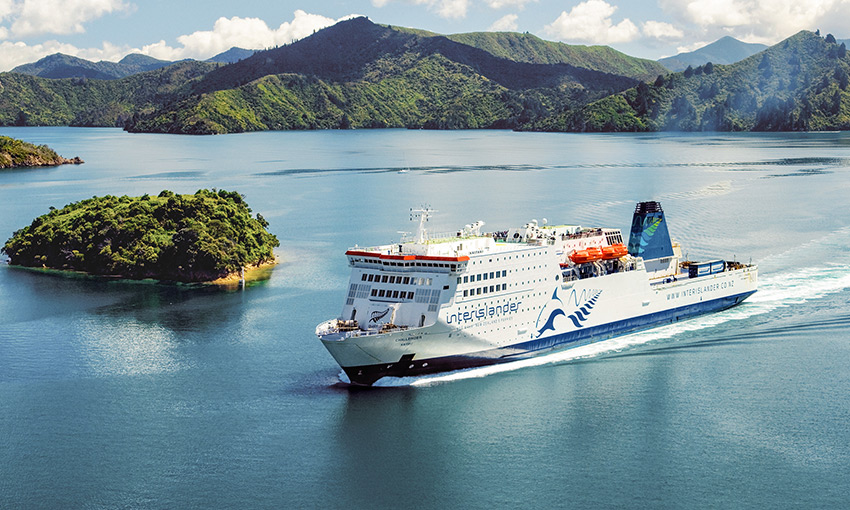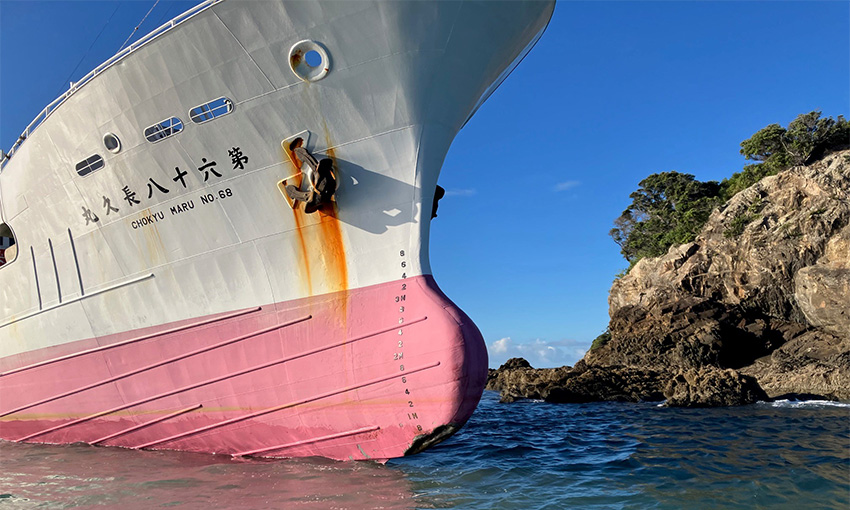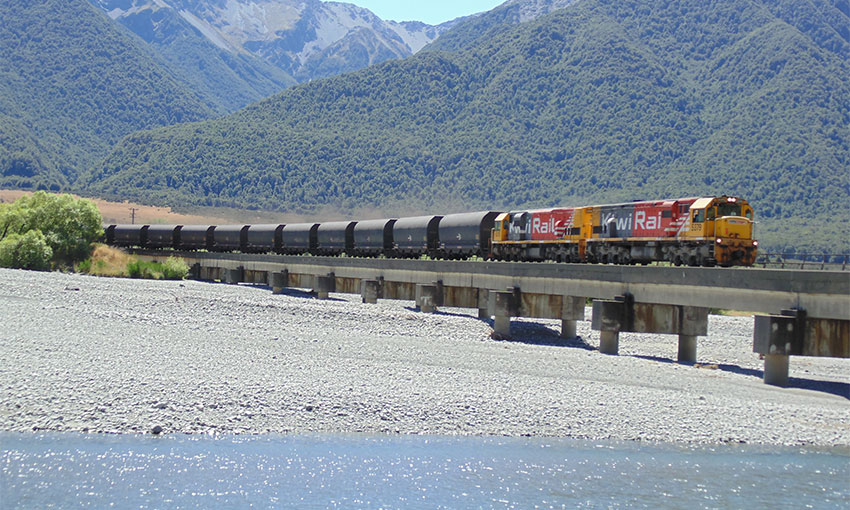LYTTELTON Port Company is signing up to part of the PortConnect suite of data sharing services offered to New Zealand’s supply chain.
From 22 November, LPC container and vessel schedule information will be available via PortConnect API and XML notifications.
PortConnect is New Zealand’s first comprehensive online cargo management system, providing viewing of and direct interaction with containers at the participating ports and their satellite ports.
LPC will be PortConnect’s fourth partner port, providing the supply chain 77% of New Zealand’s container throughput via a single source.
Lyttelton’s general manager of container operations Simon Munt says joining PortConnect for API and XML messaging is a first step towards improved collaboration within the New Zealand port data community.
“We know the supply chain is continuing to evolve digitally, and as the largest port in the South Island providing real-time information and services has become increasingly important, especially in this COVID-19 environment,” he said.
“This is a first step in data exchange between LPC and PortConnect and further services may be offered in future as we explore new partnership opportunities with them.”
The system is fully integrated with LPC’s existing digital processes, using direct system to system data transfer (B2B), transforming the information flow between shippers, shipping lines and the Lyttelton Container Terminal.
PortConnect general manager, Dan Cowie, said the partnership will assist with reducing manual handling of data and reconciliation on both the port and landside operations.
“By utilising a ‘single source of truth’ for container data from Ports of Auckland, Port of Tauranga, Timaru Container Terminal and now Lyttelton Port, implementing PortConnect API and XML Notifications enables the supply chain to save time searching for container and vessel schedule information,” he said.
“This in turn reduces truck down time, improves customer service and mitigates the cost of demurrage.
“The partnership with LPC not only benefits the South Island but helps create efficiencies across New Zealand supply chain with a connection to a single port community system,” Mr Cowie said.





